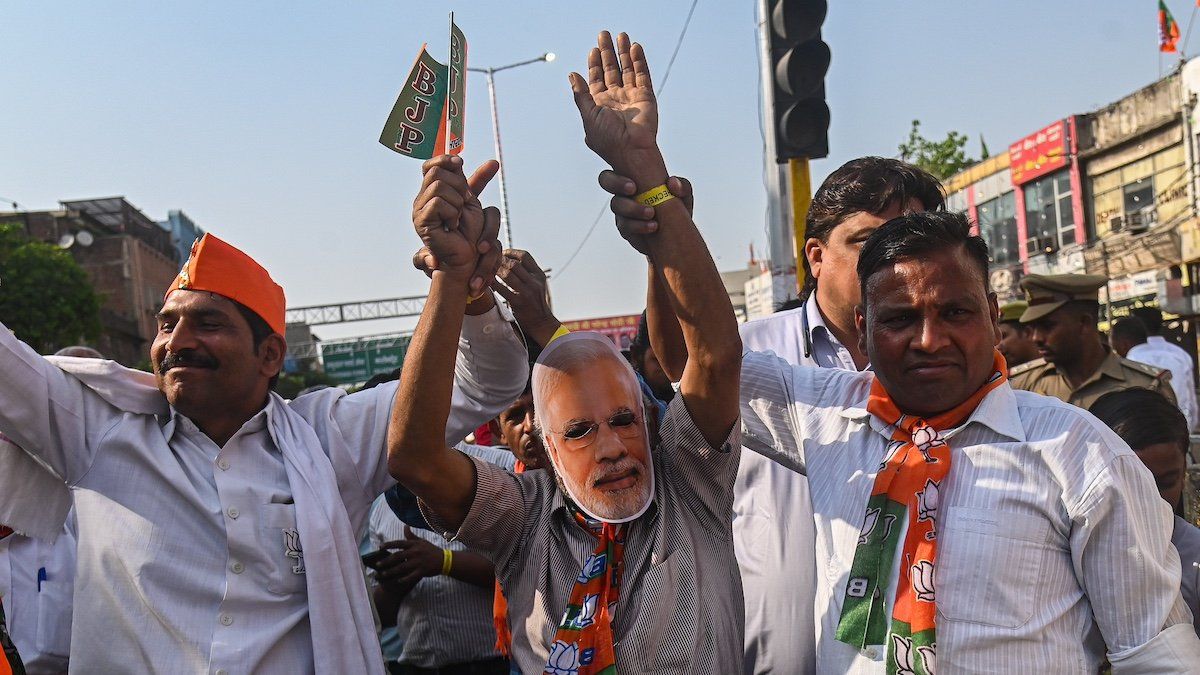A video circulating on social media shows Indian Prime Minister Narendra Modidressed stylishly and dancing to a Bollywood song while another shows his political rival Mamata Banerjee in a similar setting, though there’s a political speech of hers playing in the background. Are India’s political leaders getting down on the dancefloor to drive voters to the polls in ongoing elections? Nope — both were created with artificial intelligence.
While Modi made light of his, calling such creativity a “a delight,” the video of Banerjee, which featured parts of a speech in which she criticized those who have left her party for Modi’s, elicited a different response: Indian police said it could “affect law and order,” and they are investigating. One Kolkata cybercrime officer warned the X user who posted the Banerjee video that they could be “liable for strict penal action.” Still, the user told Reuters they are not deleting the video and don’t believe the police can trace their anonymous account.
The videos were made with Viggle, a free online service, showing that even cheap or free tools can cause a major stir in global politics.
The Indian government has been selective about when it embraces artificial intelligence, positioning itself as a leader in the technology while also cracking down on uses that offend the sensibilities of its right-wing government. Late last year, the government even considered asking Meta to break WhatsApp’s encryption to identify who created and circulated deepfake videos of politicians. Perhaps Modi’s regime can make India into a destination for AI companies — if it doesn’t keep shooting itself in the foot when it feels threatened.